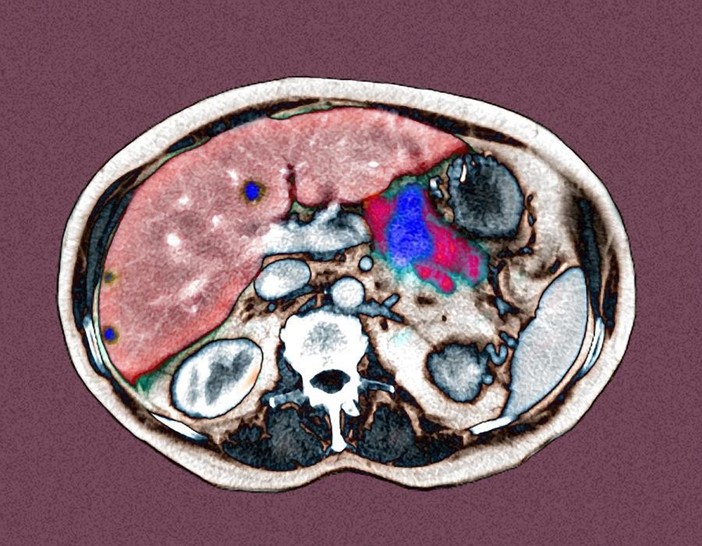After an interdisciplinary team meeting regarding the client's request to die a natural death, the primary healthcare provider refuses to write the do-not-resuscitate instructions. Which action should the nurse take?
Facilitate a palliative care meeting with the client and healthcare provider.
Remind the client that new treatments are being developed daily.
Provide the healthcare provider with a copy of the client's bill of rights.
Initiate a review of the situation by the hospital's ethics committee.
The Correct Answer is D
Choice A Reason: This is not the best action because it does not address the conflict between the client and the healthcare provider. The nurse should advocate for the client's wishes and seek a resolution that respects them.
Choice B Reason: This is not an appropriate action because it disregards the client's request and may give false hope. The nurse should respect the client's autonomy and dignity.
Choice C Reason: This is not a sufficient action because it does not ensure that the healthcare provider will comply with the client's request. The nurse should also involve other resources to help resolve the ethical dilemma.
Choice D Reason: This is the best action because it involves an impartial group of experts who can help mediate the situation and protect the client's rights. The nurse should seek ethical consultation when there is a disagreement about end-of-life decisions.
Nursing Test Bank
Naxlex Comprehensive Predictor Exams
Related Questions
Correct Answer is B
Explanation
Choice A Reason: Ensuring the transfer of the client's electronic chart code is not the most important action for the nurse to take first. The electronic chart code is a unique identifier that allows access to the client's health records and care plan. While this is an important task, it is not as urgent or essential as giving a detailed report to the accepting nurse, who will be responsible for providing palliative care to the client.
Choice B Reason: Giving a detailed report to the accepting nurse is the most important action for the nurse to take first. The report should include the client's diagnosis, prognosis, pain level, medication regimen, preferences, goals, and psychosocial needs. This will ensure continuity of care and facilitate a smooth transition for the client and the family.
Choice C Reason: Taking the family to the client's new room is not the most important action for the nurse to take first. The family may need emotional support and guidance during this difficult time, but they also need accurate and timely information about the client's condition and care plan. The nurse should first give a detailed report to the accepting nurse and then accompany the family to the new room.
Choice D Reason: Giving the client written information about end-of-life care is not the most important action for the nurse to take first. The client may benefit from learning more about palliative care, hospice care, advance directives, and bereavement services, but this should be done after giving a detailed report to the accepting nurse and ensuring that the client is comfortable and stable in the new room.

Correct Answer is D
Explanation
Choice A Reason: This is not the best action because it does not address the conflict between the client and the healthcare provider. The nurse should advocate for the client's wishes and seek a resolution that respects them.
Choice B Reason: This is not an appropriate action because it disregards the client's request and may give false hope. The nurse should respect the client's autonomy and dignity.
Choice C Reason: This is not a sufficient action because it does not ensure that the healthcare provider will comply with the client's request. The nurse should also involve other resources to help resolve the ethical dilemma.
Choice D Reason: This is the best action because it involves an impartial group of experts who can help mediate the situation and protect the client's rights. The nurse should seek ethical consultation when there is a disagreement about end-of-life decisions.
Whether you are a student looking to ace your exams or a practicing nurse seeking to enhance your expertise , our nursing education contents will empower you with the confidence and competence to make a difference in the lives of patients and become a respected leader in the healthcare field.
Visit Naxlex, invest in your future and unlock endless possibilities with our unparalleled nursing education contents today
Report Wrong Answer on the Current Question
Do you disagree with the answer? If yes, what is your expected answer? Explain.
Kindly be descriptive with the issue you are facing.
